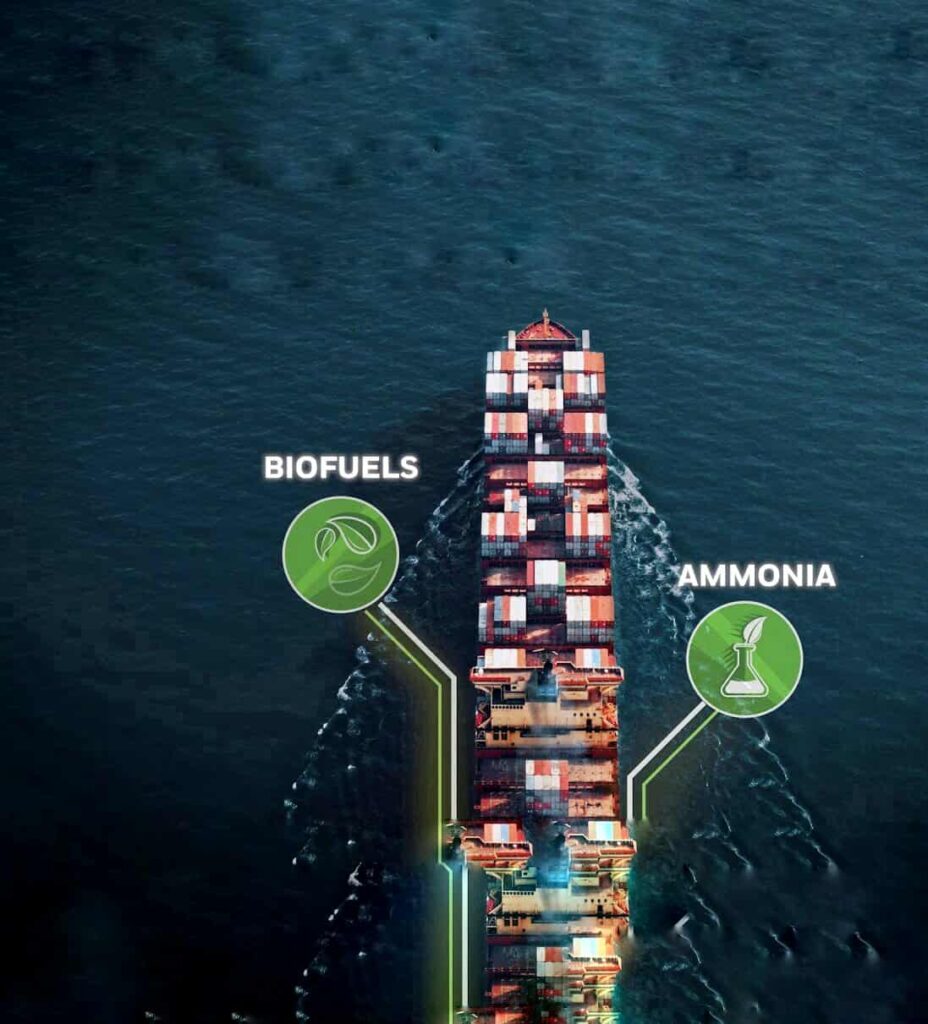Commissioned by the International Maritime Organization (IMO), the World Maritime University (WMU) in collaboration with the Maritime Technology Cooperation Centre (MTCC) Asia headquarters, based at Shanghai Maritime University (SMU), successfully concluded the world’s first, full-scale Train-the-Trainer programme on Alternative Fuels for Sustainable Shipping from 14 to 18 April in Shanghai, China.
This initiative is a part of the Maritime Just Transition Task Force (MJT-TF) project to develop a baseline training framework and to equip trainers with the knowledge and skills to educate seafarers and shore-based personnel on the safe and effective use of alternative fuels, such as ammonia, methanol, and hydrogen, to support the maritime industry’s transition to a decarbonized future
The five-day programme, hosted at MTCC Asia, brought together trainers, maritime educators, and industry stakeholders from across the world. The opening ceremony was moderated by Professor Ruan Wei, Director of the International Office, Dean of the International Education College of SMU and Head of MTCC Asia.

It included keynote speeches from SMU President Professor Chu Beiping, and Vice-President Professor Yin Ming. Participants engaged in a comprehensive curriculum covering the technical, safety, and operational aspects of alternative fuels, alongside pedagogical training to enhance their ability to develop and deliver training programmes.
The programme featured interactive workshops, scenario-based exercises, practical demonstrations, and micro-teaching sessions, ensuring participants are well-prepared to train seafarers and shore-based personnel.
Key highlights included technical sessions on the chemical properties, handling precautions, and emergency response protocols for ammonia, methanol, and hydrogen, complemented by hands-on demonstrations.
Pedagogical sessions were particularly impactful, guiding trainers to develop tailored, effective training modules for diverse audiences. In addition, a field trip to the Maritime Safety Administration (MSA) of Shanghai offered the opportunity to observe simulators, guided by the instructors and examiners.

Related : IMO-WMU Deliver Workshop on Underwater Radiated Noise
A workshop enriched discussions on operational and safety challenges of alternative fuels and featured industry experts from MSA China, shipping companies, manufacturers, classification societies, pilots, naval architects, and maritime education and training institution professors.
IMO-funded participants were from Bangladesh; India; Indonesia; Malaysia; Pakistan; the Philippines; Thailand; and Viet Nam. Self-funded participants were from China; Hong Kong, China; Japan; Republic of Korea; and Singapore, MTCC Asia, and non-governmental organization (NGO) and industry representatives nominated by the partners of the Maritime Just Transition Task Force, including the United Nations Global Compact (UNGC), International Chamber of Shipping (ICS), International Transport Workers’ Federation (ITF), and Lloyd’s Register Foundation.
The programme also welcomed Ms Kjersti Aass from UN Global Compact as a participant representing the Maritime Just Transition Task Force.
WMU faculty involved in the training included Professor Momoko Kitada, Professor Aykut I. Ölcer, Professor Dimitrios Dalaklis, Professor Dong Cheng, Associate Professor Inga Bartuseviciene, Lecturer Anne Pazaver, and Research Assistant Hoang Nguyen Vuong. The MTCC Asia team, including Professor Wei Ruan (WMU alumnus) and Coordinators Zhu Sha and Yin Jie, played a pivotal role in coordinating and delivering the programme.
Related : IMO : Ballast Water Management Course ( BMW ) with (WMU)
The Train-the Trainer programme is one of the crucial deliverables from the MJT project, which underscores the importance of placing seafarers at the heart of shipping’s decarbonization efforts. By fostering a global network of skilled trainers, the programme contributes to the maritime industry’s commitment to reducing greenhouse gas emissions and meeting international environmental targets.





